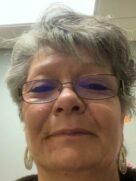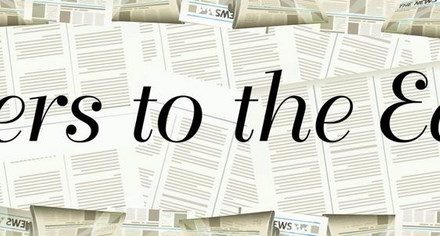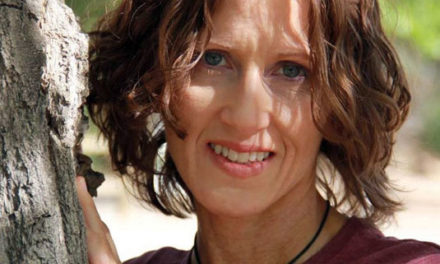A Prosecutor’s Purpose
The 13th Judicial District Attorney’s Office administers a Pre-Prosecution Diversion Program (PPD) designed to help first-time, non-violent offenders stay out of the prison system, make right on their mistakes and preserve their futures by keeping their records free of felony convictions.

Nina Salazar
Pre-Prosecution Diversion Program director
Pre-prosecution diversion programs identify defendants who are not likely to commit additional offenses and allow them to avoid being formally charged with a criminal offense. A diversion program also allows the conservation of community and criminal justice resources while allowing a person who is unlikely to re-offend to avoid having a formal criminal record.
The 13th Judicial District Attorney’s office has PPD clients in all three counties in our district. While there is a basic criterion required for acceptance into the program, our program customizes the contractual agreement between the defendant and the program to best serve the individual and achieve the best outcome.
The time that a defendant is in the program varies from six to 24 months and focuses on personal accountability and achievement. Defendants (clients) who have never graduated from high school must complete their GED or HISET. Clients who have addiction issues are required at a minimum to be in outpatient treatment and counseling. Everyone is required to give back to the community and either be in school or working full-time or some combination of the two.
For some people, the Pre-Prosecution Diversion Program is about statutes and numbers. However, it is the philosophy of the 13th District Attorney’s Office that the program is about people with a belief that an individual who makes a mistake need not be defined by that mistake for the rest of their lives. Every person who enters our program requires something different to get through, contribute and graduate from the program.
B.V. was charged with possession of a controlled substance. She was addicted to prescription drugs when she entered the program. The first thing was to help her get into a treatment program. B.V. was already attending school full-time. She completed her schooling, with a degree in plumbing; however, she had a tough time getting a professional plumbing agency to give her a chance.
In my role as the PPD administrator, I called the union of plumbers and they were able to help her get a job at Intel, where she is now completing her plumbing apprenticeship to become a licensed plumber.
L.P. was homeless and arrested for possession of a controlled substance. He was in our program for a year, but his contract was extended an extra three months so that he could complete his counseling. It took time and encouragement for him to understand and believe that he could change and be successful.
While in the program, L.P. got treatment for addiction, secured a job and is no longer living on streets. He also worked hard to fix his relationship with his children.
One young woman, M.S., arrived in the program with a history of petty misdemeanors and a drug problem. At her first meeting, she was clearly beaten down. She had lost custody of her child and felt hopeless. It was obvious she was still using, but she had a glint in her eye that indicated she may succeed.
Originally scheduled for a year in the program, her contract was extended to 18 months. There were times when it felt as if I was pulling her through the program. The first order of business was to get her into a Suboxone program and help her into a stable living situation to begin to piece her life back together. She thrived with specific assignments like getting a current driver’s license.
There were successes and failures along the way but, step by step, the balance shifted toward more successes than failures. With each success, M.S. became more confident in herself. She obtained a job, went back to school to become a cosmetologist all while staying in treatment and off heroin. Eventually, she also regained custody of her daughter.
When the time came to complete the program, she did not want to graduate because she was afraid she would lose everything she had gained. She did not trust herself to continue to make good decisions.
We wrote down every good decision she had made in the prior 18 months, and then she wrote down every good thing that had come of her decisions. When asked what the most important thing was to come out of the program for her, she looked down at her list, then looked up and said, “I learned I can be good.”
(Nina Salazar has worked for the 13th District Attorney’s Office for 19 years. She has been the Pre-Prosecution Diversion Program director since January 2021.)















